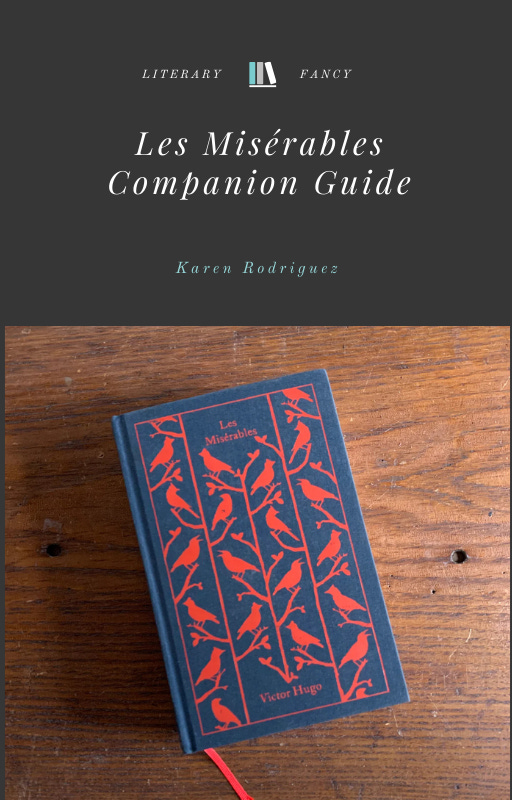Why Do Classic Books Have So Many Unnecessary Pages?
When word count meant more cash, novels became sprawling epics—but do you really have to read every single page?
📜 How authors got paid (and why it led to looooong books)
🔎 What to skip without missing the point
🏆 The best strategies for surviving 1,000+ page novels
If you’ve ever picked up a classic novel and thought, Why does this book take 200 pages to say what could be said in 20?, you’re not alone. Many classic books are notorious for their length—digressions, pages of setting descriptions, and entire chapters that seem to exist just to test your patience.
But why?
The answer isn’t just about style—it’s about money, publishing trends, and the way stories were consumed in the past. And, lucky for you, there are ways to navigate these behemoths without getting lost in the literary jungle.
📜 Paid by the Word: The Business of Long Books
Back in the 19th century, many authors weren’t just sitting at their desks, writing with a passion for verbosity. They were getting paid by the word or by installments.
Serialization—where novels were published in newspapers and magazines chapter by chapter—was the dominant format for literature. This meant that the longer a story ran, the more an author got paid. Think of it like a Netflix series: the more episodes, the longer the subscription engagement.
💬 “He never had a penny and wrote from necessity, but with a superb facility. He was one of those birds that only sing when they are hungry.” —Victor Hugo on Eugène Sue, another serialized novelist.
Famous examples:
Charles Dickens was a master of this. His novels (Great Expectations, Bleak House, David Copperfield) were serialized, so the more twists, side characters, and descriptive passages he included, the more he got paid.
Victor Hugo serialized Les Misérables, stretching it out across 15 months. While he wasn’t paid per word, he knew that longer books meant bigger royalties and more time in the public eye.
Leo Tolstoy (War and Peace) did the same—publishing installments kept readers engaged (and publishers paying).
So if you ever feel like a classic novel is rambling, it probably is—by design.

🔎 What to Skip Without Missing the Point
Before you give up on classics altogether, here’s the secret: you don’t have to read every word to “get” the book.
1. Long Descriptions of Scenery
Many classics spend pages describing landscapes, architecture, and the weather—because, in the pre-movie era, readers needed vivid descriptions to visualize scenes. You? You can skim these and move on
👉 Example: Les Misérables dedicates over 50 pages to describing the Parisian sewer system. Does it enhance the themes of redemption and society’s underbelly? Sure. Do you need to read every word? Probably not.
2. Philosophical and Historical Digressions
Authors often used their novels as a way to dump personal philosophy, political opinions, and historical lessons into the story. While sometimes fascinating, they’re often optional.
👉 Example: Hugo also spends 15,000 words (about 50 pages!) describing the Battle of Waterloo. Cool if you’re into history, skippable if you’re here for Jean Valjean.
3. Repetitive Dialogue or Monologues
Victorian-era dialogue can be loooong. Characters repeat themselves, recap the plot, and go on Shakespearean-style tangents. Don’t feel guilty for skimming when someone launches into a 20-page speech about morality.
👉 Example: In Crime and Punishment, Raskolnikov’s internal monologues are fascinating but also repetitive. Once you get the gist, you can move along.
🏆 The Best Strategies for Surviving 1,000+ Page Novels
Not all classics are bloated, but for the ones that are, try these strategies:
✅ Use a Summary for Dense Parts – Websites like Shmoop, SparkNotes, and even AI can help you summarize long digressions.
✅ Read a Modern Translation – Some classic books have abridged versions that cut down on excessive descriptions while keeping the story intact.
✅ Skim, Then Slow Down – If a chapter feels slow, skim until you hit dialogue or key action, then focus again.
✅ Break It Into Small Sessions – Instead of forcing yourself to plow through 100 pages in one sitting, aim for 15-20 pages a day.
✅ Listen to the Audiobook – Some long classics feel more engaging when narrated. Audiobooks bring characters to life and help with pacing.
🎭 Final Thought: Are Long Classics Worth It?
Absolutely. Even though some classics are long-winded, they often contain some of the most beautiful, insightful, and emotionally powerful stories ever written. The trick is to read them smart, not hard.
So next time you feel like a classic is testing your patience, just remember: it’s not you—it’s the word count-based payment system.
💬 “A book is a friend who does not betray.” —Victor Hugo
📖 Your turn! Do you have a classic you struggled to finish? A long book you actually loved? Let’s talk in the comments!
📖 Enjoyed this post? Let’s keep the literary fun going!
💌 Subscribe on Substack: For weekly posts that make classics less intimidating and more magical. Because who says timeless tales can’t have a fresh twist?
✨ ***Join the Literary Fancy Book Club** ($5 a month membership)*: Where classics meet modern vibes—complete with guides, reading plans, and a whole lot of bookish joy. You also unlock access to two members-only posts and private chat.
🎨 Shop My Ko-fi: Freebies and member-only items you can purchase for a one-time cost.
🏫 Study with the Greats: If this post sparks your passion for timeless literature, consider exploring deeper studies at Ricketts Great Books College, where classic works come to life through engaging discussions and supportive faculty guidance. I’m enrolled and would love to see you around the “online halls”! Be sure to visit their website for scholarship opportunities.








Thank you for writing this! I am fairly new to reading classics and often wonder why the length and vivid descriptions. This is so helpful! And just the permission to skim and skip!